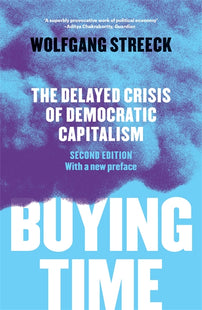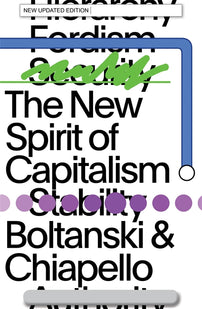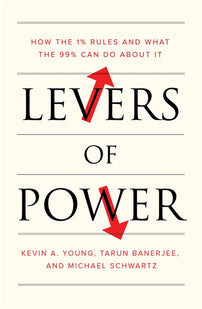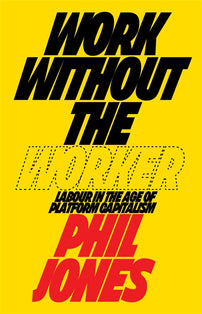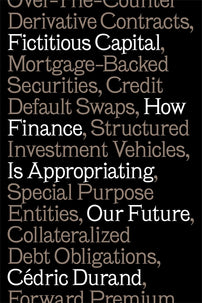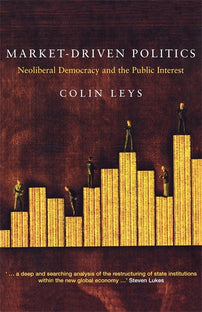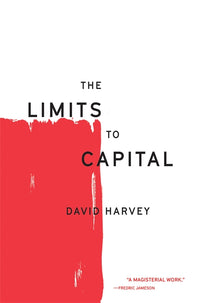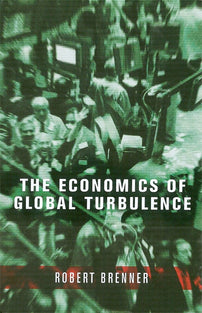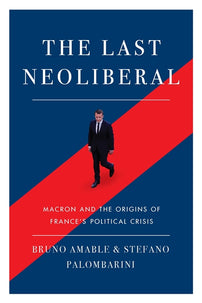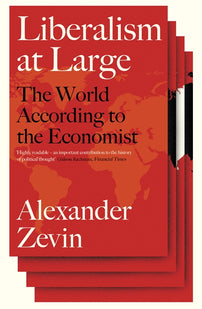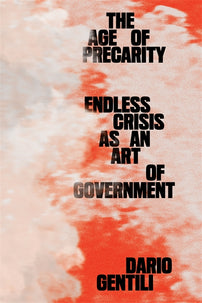Neoliberalism is Collapsing. What Was it? What Comes Next?
The titles below trace this history and provide the backdrop for understanding class struggle today in the context of the collapse of neoliberalism:

Until January 4 (2022), at 23.59 EST, we have 40% off ALL our print books and 60% off all our ebooks (see full details here)! See all our reading guides here.
Something happened to the economies of the advanced capitalist world beginning in the 1970’s. What appeared to many at the time to be a momentary downturn morphed into a deep structural crisis of profitability across globalized capitalism. This period ushered in a transformation in the political economy of every major country in the direction of capital that has come to be known as the period of neoliberalism, which eventually spread its violence into the developing world.
The momentary economic crisis proved to be an opportunity for a new elite offensive. Lowered profit rates led to a collapse in investment. A collapse in capital accumulation led to spikes in unemployment and a general slowdown in economic activity which further weakened labor. Capital waged a one-sided class war that proved incredibly successful at beating back the gains of the post-War period and re-established its total dominance over society and politics. Deindustrialization became widespread in high-wage countries, and the class balance that typified the post-War years, in which an organized and powerful working class was able to force demands from a capitalist class overseeing record levels of growth and expansion, was overturned in the direction of capital. No matter which party was in power or what kind of governing institutions existed, there was a clear re-orientation to the needs of capital: general austerity and cuts to social spending; changes to labor law in favor of capital; liberalization and privatization; tax breaks and other fiscal giveaways to economic elites; the growing centrality of finance as a political and economic force.
The world we inhabit today is the scene of the collapse of this regime. Inequality has skyrocketed to new levels, major social crises appear on a rolling basis, and elites seem cartoonishly incapable of meeting ever intensifying challenges. Governing bodies have been hollowed out and do little more than redistribute resources upward. And while new levels of social-unrest are coming to the fore, it is still unclear whether an organized and sustained challenge will develop to reorient politics towards the needs of the masses. So while neoliberalism is now in terminal crisis, it is unclear what will come next.
The titles below trace this history and provide the backdrop for understanding class struggle today in the context of the end of neoliberalism:
[book-strip index="1" style="buy"]How to theorise the European Union as a bastion of neoliberal capitalism
[book-strip index="2" style="buy"]A major political economic analysis of the collapse of neoliberalism
[book-strip index="3" style="buy"]Chilling account of the end of party democracy, by the leading political scientist
[book-strip index="4" style="buy"]A global panorama of liberal democracies from a renowned social theorist
[book-strip index="5" style="buy"]The Delayed Crisis of Democratic Capitalism
[book-strip index="6" style="buy"]What comes after neoliberalism?
[book-strip index="7" style="buy"]New edition of this major work examining the development of neoliberalism
[book-strip index="8" style="buy"]Understanding the power of the corporations and how to take the struggle directly to them
[book-strip index="9" style="buy"]The brutal truth behind our automated futures and the new world of work
[book-strip index="10" style="buy"]The authoritarian face of neoliberalism
[book-strip index="11" style="buy"]A far-reaching deconstruction of neoliberalism’s economic agenda, political imposition and mystifying techniques
[book-strip index="12" style="buy"] [book-strip index="13" style="buy"]How finance is a mechanism of social and political domination
[book-strip index="14" style="buy"]How Finance Exploits Us All
[book-strip index="15" style="buy"]The commodification of public services, and the role of the state in absorbing risk.
[book-strip index="16" style="buy"]A major rereading of Marx’s critique of political economy
[book-strip index="17" style="buy"]How did Britain’s economy become a bastion of inequality?
[book-strip index="18" style="buy"]The best systematic attempt so far to combine the general theory of the “laws of motion” of the capitalist mode of production developed by Marx, with the concrete history of capitalism in the twentieth century.
[book-strip index="19" style="buy"]How Neoliberalism Survived the Financial Meltdown
[book-strip index="20" style="buy"]Systematic analysis of the The Advanced Capitalist Economies from Long Boom to Long Downturn, 1945-2005
[book-strip index="21" style="buy"]A consensus-shattering account of automation technologies and their effect on workplaces and the labor market
[book-strip index="22" style="buy"]A deep dive into Joe Biden’s history and the origins of his political values
[book-strip index="23" style="buy"] [book-strip index="24" style="buy"]Why centrist politics in France is bound to fail
[book-strip index="25" style="buy"]Exploring one of the most important aribters of neoliberal ideology
[book-strip index="26" style="buy"]The fatal embrace of human rights and neoliberalism
[book-strip index="27" style="buy"]If crisis is the norm, how do we demand change?
Further Reading
40% off all our print books and 60% off all our ebooks! See more here
Verso Gift Guide: books to ignite radical ideas
The Year in 10 Books: we pick 10 unmissable books from this year




